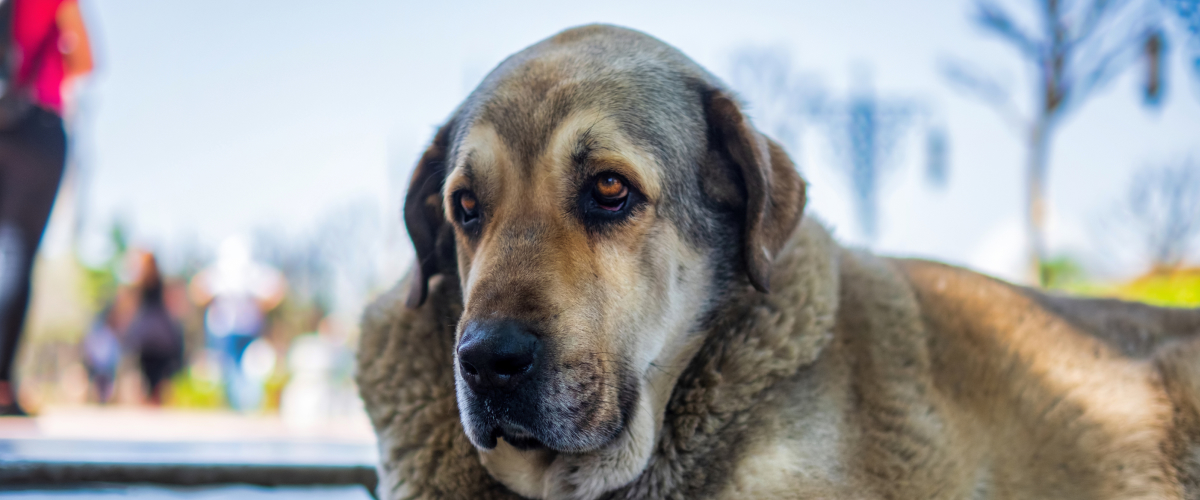Odd senior dog behaviors can arise due to various factors, including age-related changes, underlying health issues, or environmental factors. Here are some common odd behaviors in senior dogs and possible explanations:
Increased Restlessness or Anxiety: Senior dogs may become more anxious or restless due to cognitive decline, which is similar to dementia in humans. This condition, known as canine cognitive dysfunction (CCD), can cause confusion, disorientation, and changes in sleep patterns.
Pacing or Circling: Pacing or circling behavior can indicate pain, discomfort, or neurological issues such as vestibular disease, which affects the inner ear and balance. Arthritis or joint pain may also contribute to these movements.
Accidents in the House: Senior dogs may experience incontinence due to weakened bladder control muscles or underlying medical conditions such as urinary tract infections, kidney disease, or hormonal imbalances.
Changes in Appetite: Loss of appetite in senior dogs can be a sign of dental issues, gastrointestinal problems, metabolic disorders, or underlying diseases such as cancer. Conversely, an increase in appetite may indicate conditions like diabetes or hyperthyroidism.
Disorientation or Confusion: Senior dogs may exhibit signs of disorientation or confusion, such as getting stuck in corners or forgetting familiar routes during walks, due to cognitive decline or sensory impairments.
Increased Vocalization: Senior dogs may vocalize more frequently due to pain, discomfort, anxiety, or cognitive decline. Excessive barking or howling can also result from sensory changes or loss, such as hearing loss or deteriorating eyesight.
Changes in Sleep Patterns: Older dogs may experience changes in their sleep-wake cycle, including increased daytime napping or nighttime restlessness. This could be related to pain, discomfort, cognitive dysfunction, or age-related changes in sleep patterns.
Repetitive Behaviors: Some senior dogs may develop repetitive behaviors, such as licking, chewing, or tail chasing, which can be caused by stress, anxiety, boredom, or underlying medical issues like allergies or neurological disorders.
Sudden Aggression or Irritability: Aggressive behavior in senior dogs may indicate pain, discomfort, fear, or cognitive decline. It’s essential to rule out medical causes and consult with a veterinarian or animal behaviorist to address any underlying issues.
Excessive Drinking or Urination: Increased thirst and urination can be signs of kidney disease, diabetes, Cushing’s disease, or other metabolic disorders commonly seen in senior dogs. These symptoms warrant prompt veterinary attention for proper diagnosis and treatment.
If you notice any significant changes or odd behaviors in your senior dog, it’s crucial to consult with a veterinarian to rule out any underlying health issues and develop an appropriate management plan. Regular veterinary check-ups and monitoring can help maintain your senior dog’s health and quality of life as they age.

